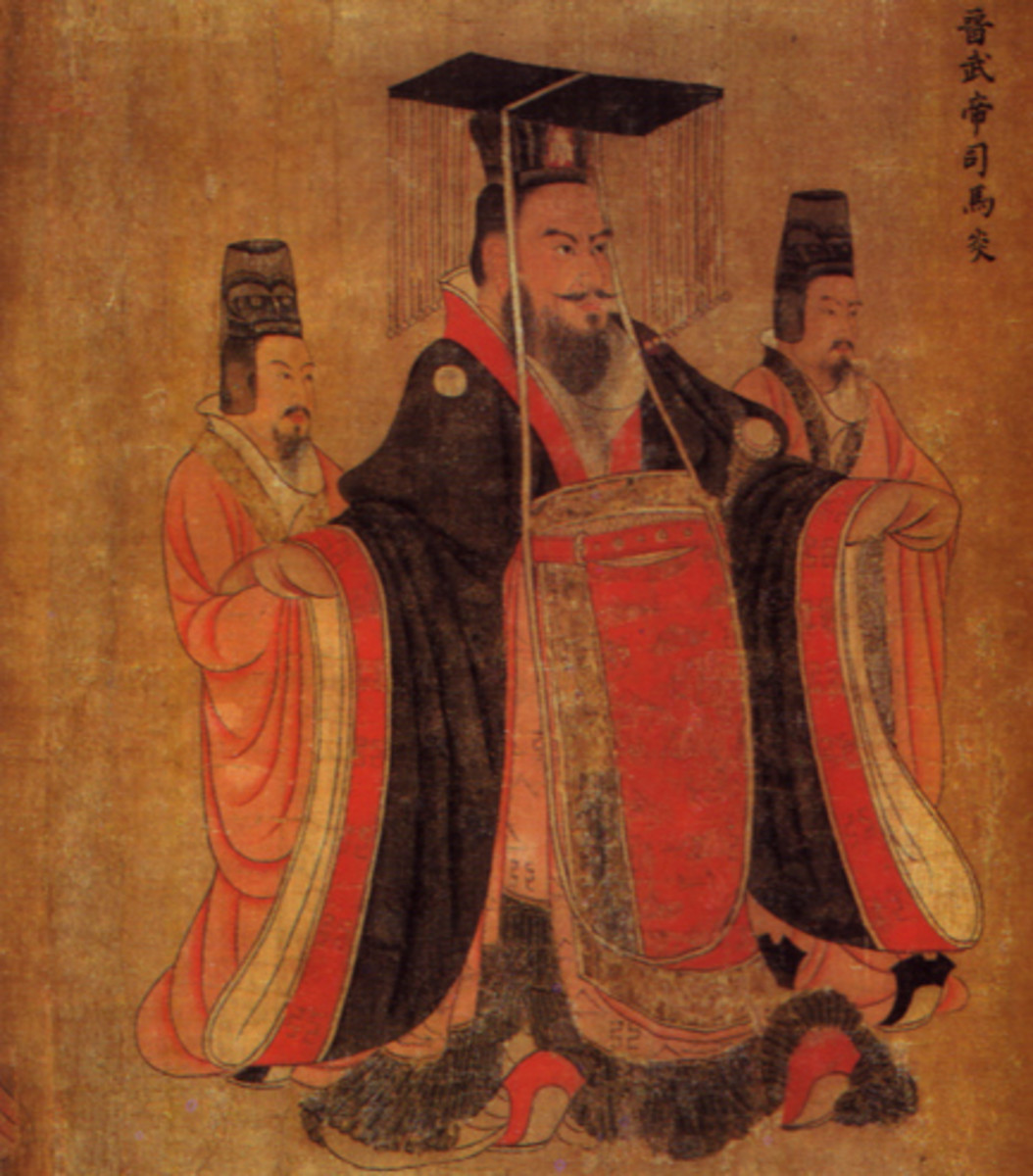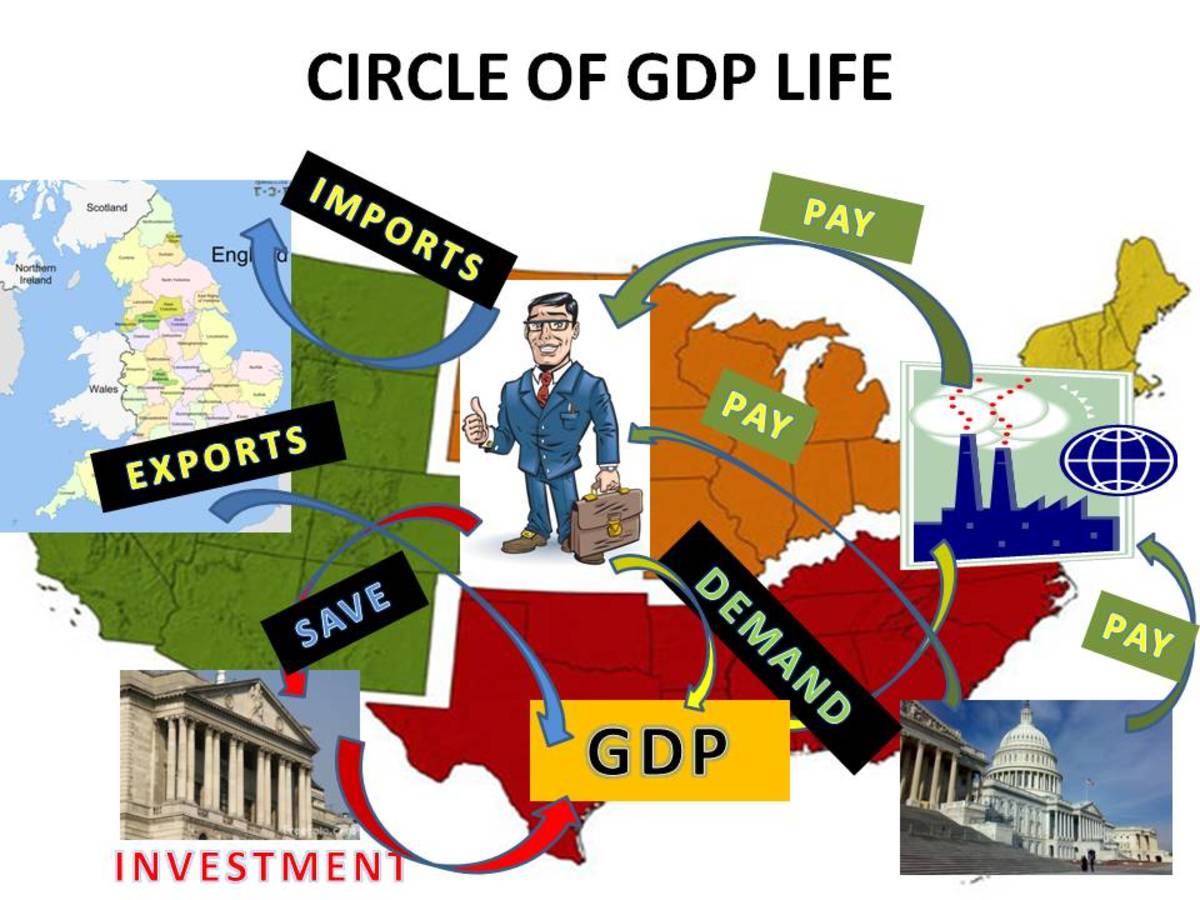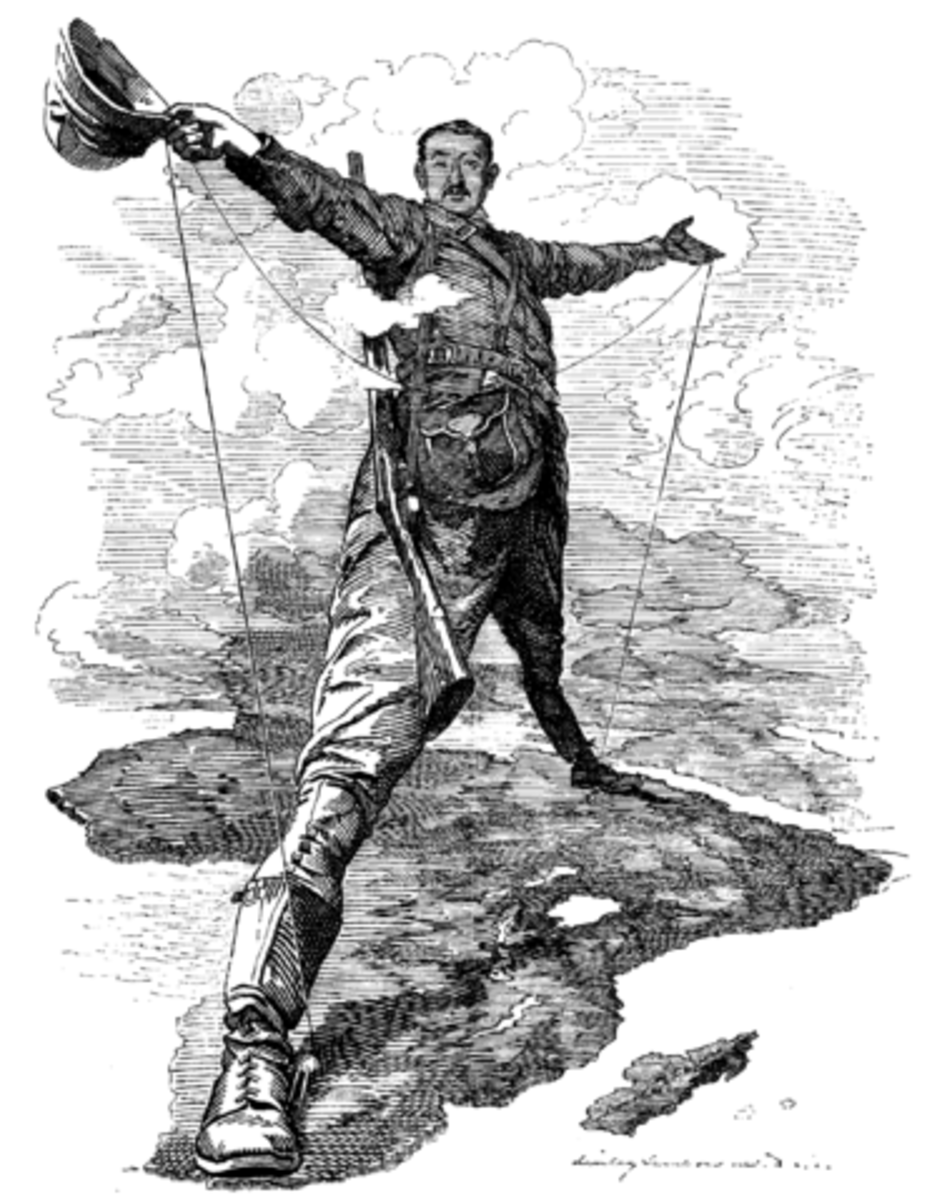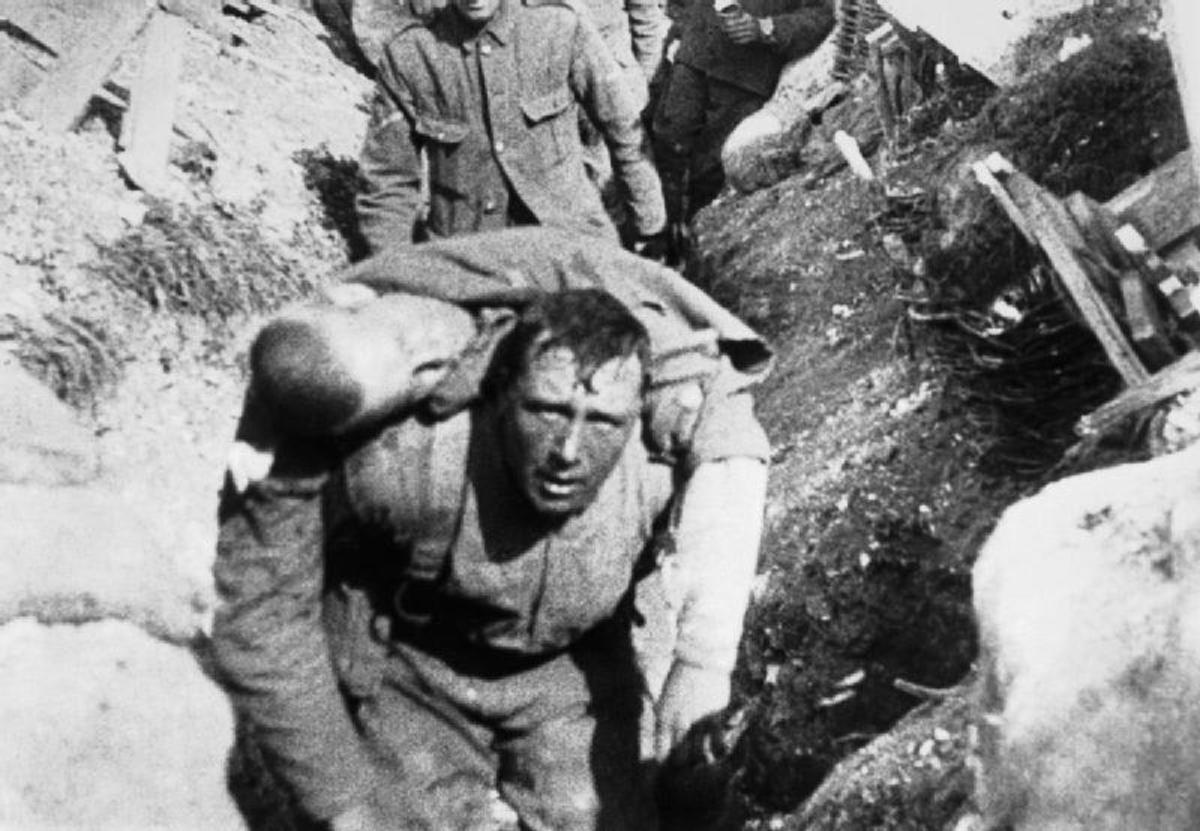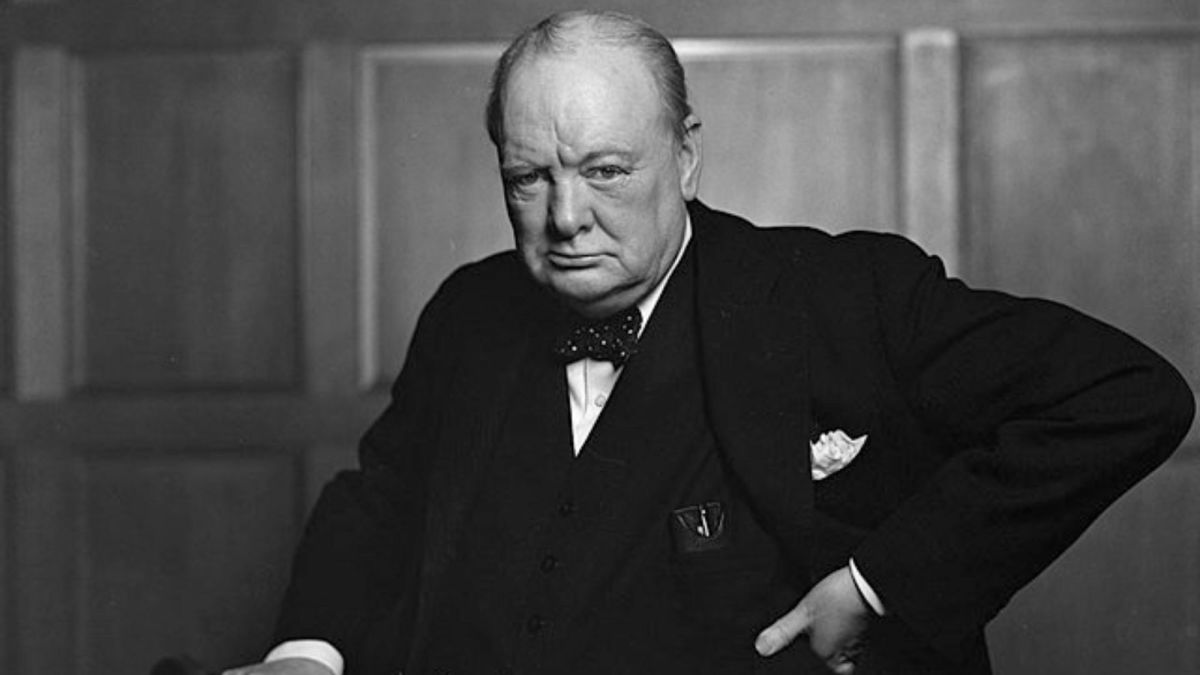- HubPages»
- Education and Science»
- History & Archaeology»
- History of the Modern Era»
- Twentieth Century History
From Cold War to Present

The cold war was a period of conflict that lasted from the late 1940's thru the early 1990's. With the war, came fear that lurked into the hearts of all men and women. It was a period of nuclear holocaust where men and women feared for their children and their homelands. Propaganda released by the communist party inspired people to lash out with acts of rebellion and war. Others sent messages of freedom and peace from the violence that seemed to be over powering the world.
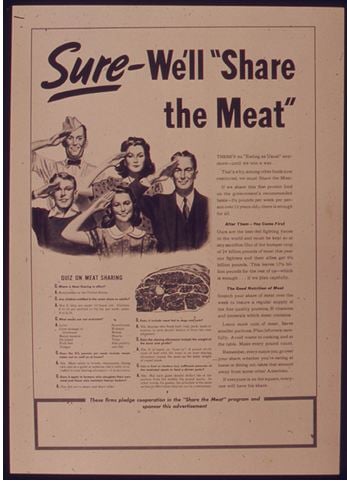
Imperialism
After the Spanish war ended in 1898, American Imperialism flooded the nation with new ideas of growth and expansion. Political leaders were urging for growth of global markets due to the fact that the United States was now producing way more than it could consume. There was a surplus of products caused by the Industrial Revolution, and many sought to not only grow, but to gain power as well. Imperialists desired global unity, thus giving political leaders the power to govern the world.
"In the early nineteenth century, England, France, and Russia accelerated their drive to control foreign peoples and lands" (Davidson, Etc., 2008, pg.611). The possibility of branching out was made into a reality by technological advances, growth of businesses, and international trade. This is when the imperialist movement began to strengthen, and the Europeans were nimble and amazingly efficient which attracted many American followers. Imperial control was "justified" with tidings of this new "American Imperialism". American Imperialism was a softened form of imperialism that focused on the benefits rather than the negatives, "a more indirect imperialism; one that exported products, ideas, and influence. To them, this American imperialism seemed somehow purer, for without naked conquest Americans could be portrayed as bearers of long-cherished values; democracy, free enterprise capitalism, and Protestant Christianity (Davidson, & etc., 2008, pg.612). These Americans were not all seeking to dominate the world; they for the most part had good intentions. The truth of the situation fell on the fact that people needed this expansion. Their jobs depended on it, and the welfare of their family depended on them having that job. The growth was encouraged because it brought more business and money to the people. In a cultural since, imperialism would bring people closer together. It would help us learn about other cultures and hopefully help some of the weaker nations out of poverty.
"Because imperialism always involves the use of power, often in the form of military force, it is widely considered morally objectionable" (www.credoreference.com). Violence is no solution, and will never lead to a peaceful nation; however, imperialism was surging quickly across the country. The leaders of our country were easily influenced by the hope for a better life and more money. They promised the people growth and prosperity; saying that it would solve their problems. The people saw the vast growth in trade and global markets, and quickly became overwhelmed with the hope for a better tomorrow, and the political leaders were more consumed by greed and power. Whether it is more land, more money, more power, or more control, they were consumed. It seemed that everyone had their reasons for encouraging this growth, but it seemed too good to be true.
The idea of one government having control over the world is a little scary, and many Christians oppose this idea due to the fact that the Bible relates building an empire as evil. "Genesis associates imperialism with hubris and pride, with a vain and evil desire to be like God" (www.credorefrence.com). However, other Christians were in favor of this unity that we would acquire. There were missionaries that encouraged the movement in hopes to reach out to the others with God's word. The problem is that people are easily swayed with greed and other evils. Most people begin an empire with good intentions for the people, but soon it becomes a tyranny, and one person sits on a thrown caring only for himself; not his people. Most of the time these situations end in war, as it did for us and soon after WWII American imperialism was no longer the focus. People lost the burning desire to conquer due to the death and destruction that comes with any attempt at world domination.
Imperialism was no longer the wave of the future. People came to realize that it was not a reality, and all it would lead to is death and war. Humans have a tendency to fight when they are taken against their will. Imperialism cannot work because people are strong in their faith, and do not wish to be controlled. People want to be free, and will fight to the death for that freedom. It is wonderful that we have been able to expand and conduct business internationally. We are working on mending the mistakes of the past and working together across the nations. There is still a very long way to go as far as unity is concerned. We would have to stop killing each other first. In this paper, I have given my accounts on the imperialistic movement in the nineteenth century, and have concluded that the world is not meant to be run by one person. We are however meant to try to work together in peace.
References
Davidson, J. W., Gienapp, W. E., et al. (2008). Nation of nations: a narrative history of the American Republic (6th ed., Vol. 2). Boston: McGraw Hill. ISBN: 9780077279905
Imperialism. (2006). In Cambridge Dictionary of Sociology . Retrieved from http://www.credoreference.com/entry/cupsoc/imperialism
Imperialism. (2006). In Britannica Concise Encyclopedia . Retrieved from http://www.credoreference.com/entry/ebconcise/imperialism


